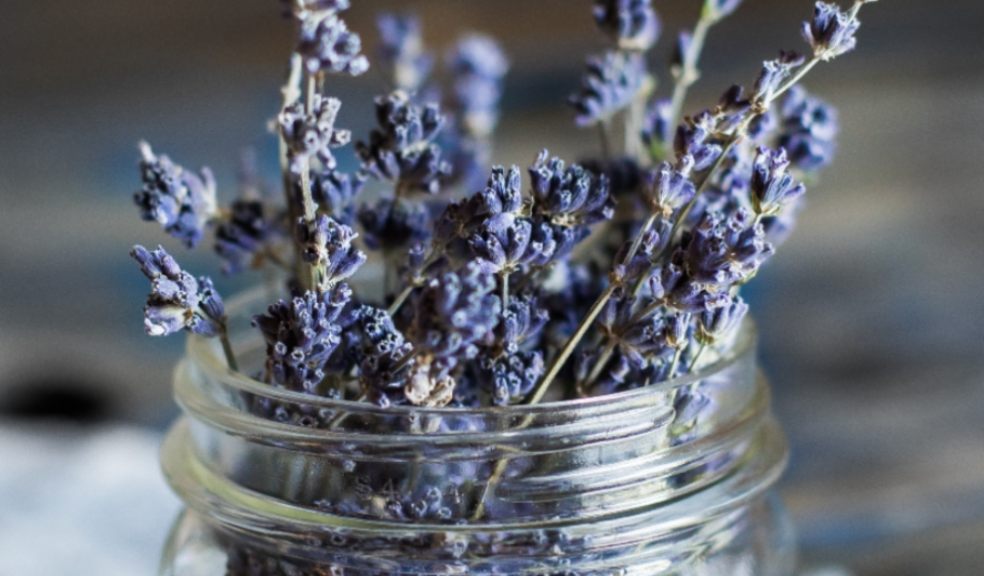
Five plants proven to improve your wellbeing
April marks National Gardening Month across the UK. Researchers at Essex University have demonstrated the benefits of gardening, with ‘reductions in stress and depression, increases in self-esteem, mood and wellbeing reported in children and adolescents, adults, and vulnerable and disadvantaged populations [1]’.
In response to this study, Mecca Bingo has revealed five plants that can have a positive impact on mental health and well-being. So, if you’re looking for a fun activity as well as ways to boost positivity inside and outside your home, consider planting the following:
Lavender
Studies show that lavender can lower anxiety, depression, and nervousness [2]. As well as benefiting your well-being, lavender is also known to improve sleep, treat skin blemishes, and promote hair growth.
How to plant lavender:
- Plant your lavender soon after purchasing (you can purchase lavender plants at most garden centres)
- If planting in groups, space the plants 1-3ft apart
- After planting, water regularly, especially in dry weather Lemongrass
There are several benefits of using Lemongrass [3]. Not only can it be great for combating sleepless nights, but it can also induce the release of serotonin and decrease anxiety. Lemongrass also holds natural immune-boosting qualities meaning it can help fight viruses such as the common cold and flu. How to plant lemongrass:
- For best results all year round, plant your lemongrass in a container
- Use a 30cm wide pot and fill it with a peat-free multipurpose compost
- Plant one or two lemongrasses in the centre and place the pot in a warm, sheltered, and sunny location
- Water regularly, especially in dry weather Gerbera Daisy
Gerbera Daisies have health benefits as they discharge oxygen and absorb carbon dioxide and other airborne toxins [4]. This means they can promote a good night’s sleep. Their colourful and charming appearance will also boost positivity and contribute cheer and beauty to any corner of the home. How to plant Gerbera Daisies:
- Purchase your Gerbera Daisy plants from a local garden centre or online
- Place a deep container on a bright windowsill, conservatory or greenhouse
- Use a rich, free-draining compost and position the crown of the plant slightly above the surface
- Stand your container in a tray of water until the compost is damp, let the compost dry out slightly between waterings
- Take care to not overwater as this can lead to rotting Rosemary
As well as being a culinary herb that can complement many meals, rosemary can be infused into an oil which has many benefits, and it’s not difficult to make at home [5]. Rosemary oil can relieve stress and anxiety, reduce pain and inflammation, and enhance memory. Recently, using rosemary oil for hair growth has become a huge trend on social media platforms such as TikTok due to its outstanding results. How to make your own rosemary oil:
- Remove leaves from four rosemary sprigs
- Mix the leaves with 500 ml of olive oil and add to a slow cooker, leave it uncovered on the highest setting for two hours
- Let the mix cool for 30 minutes and then strain the leaves from the oil
- Store the oil in an airtight container Aloe Vera
Aloe Vera holds antioxidant and antibacterial properties and therefore can help heal wounds and skin problems [6]. There have also been studies to show that Aloe Vera also lowers blood sugar levels, however it is not recommended to solely rely on aloe vera to fix these issues.
- Once purchased, place your Aloe Vera pot into a terracotta pot that has a drainage hole
- Pot the Aloe Vera using houseplant compost
- Top the compost with a layer of grit to prevent rotting
- Make sure to not overwater your plant and let the compost dry out between waterings













